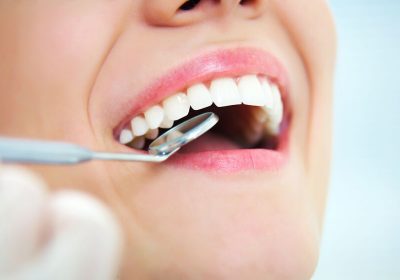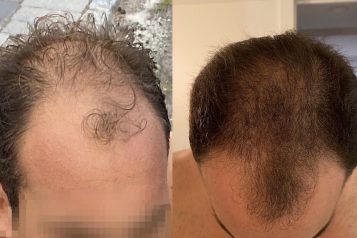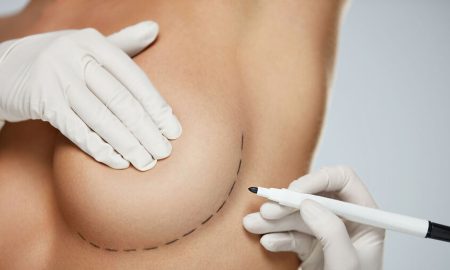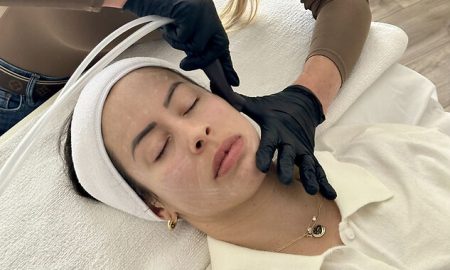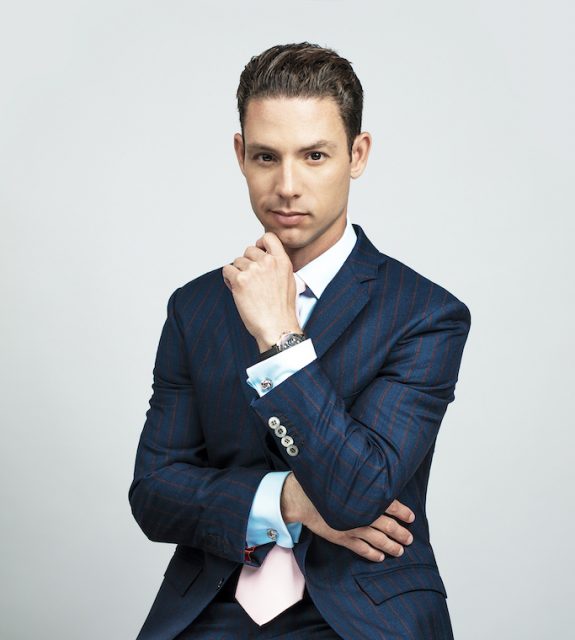Shamila Gupta Rawal, MD, a board-certified otolaryngologist/head and neck surgeon, specializes in the management of hair loss and rejuvenation of the face and neck at The Rawal Institute for Hair Restoration and Aesthetic Medicine. Dr. Rawal the only hair restoration surgeon providing comprehensive surgical and non-surgical treatment for all types of hair loss in Madison, Wisconsin, with an expansive patient base that travels from coast to coast. Haute Beauty sits down with Dr. Shamila Rawal to discuss the importance of medications and nutritional support in the treatment of male and female hair loss.

What recommendations do you give to your patients to prepare for their hair loss treatment?
Healthy hair growth on the body relies on the provision of good nutritional building blocks, ample flow of oxygen-rich blood, and limitation of inflammatory or toxic molecules in the tissue environment. Hair loss is a progressive phenomenon and is continuously responding to changes in the overall health status of the body. Therefore, any treatment plans must address these underlying nutritional, hormonal, and negative influences. Additionally, patients must accept that hair loss will never cease completely, rather our goal is to slow down the rate of their hair loss to a normal rate, and treatment can be expected to require lifelong maintenance. Positive lifestyle changes, such as daily physical activity, consumption of a well-balanced, non-restrictive diet, avoidance of smoking, stress reduction, and adequate sleep are the cornerstones of this lifelong maintenance, assisted as needed by short to long courses of medications or procedural interventions to repair tissue damage and promote growth.
What effect does nutrition have?
Nutritional status has a major influence on hair growth. Hair follicles require energy sources and building blocks, just as any other cell in the body. When nutritional reserves are poor, the quality and quantity of hair can be negatively affected. Furthermore, of the many organ systems in the body, our hair receives “last dibs” on the available nutritional reserves, as compared to the more life-preserving systems such as the heart, brain, kidneys, etc. This explains why dramatic (but temporary) hair loss can sometimes follow illness, surgery, hospitalization, or trauma affecting these above organ systems, where nutritional reserves are further allocated to healing and recovery.
View this post on Instagram
What medications are advised for best results?
There are several medications commonly used to address hair loss:
• Minoxidil is often prescribed to help improve the flow of oxygen-rich blood to the scalp.
• Finasteride, spironolactone, and saw palmetto can reduce hormonally (DHT)-induced hair loss.
• Medical treatment of low-thyroid hormone, anemia, or vitamin deficiencies can also reduce “stress” on the body and improve nutritional allocation to the hair follicles.
There is a misconception that discontinuation of these medications will result in a loss of all the hair that “grew back” while on them, and that one will have to “commit for life”. The reality is that, since hair loss is progressive, one will always be net losing hair, but we can slow down the rate of this loss with medical and nutritional support. A small percentage of our hair recycles daily, but under the influence of these medications, this number can be even smaller. Some follicles will even “outgrow” their genetic programming and be recycled later, out of sequence. When the medications are discontinued, many of these follicles will try to “catch up” all at once, and one can feel that a large amount of hair is being “lost”. This hair is simply recycling altogether and will grow back, however, there is sometimes a short lag that can be discouraging to patients. In my practice, all medications and nutritional support are prescribed with appropriate supervision and follow-up, and a slow wean-off period is instructed to reduce this massive “catch-up”. I additionally will have patients wean off of their medications singly, or with the support of low-level laser light therapy, to further reduce the impact of this transition.
If a patient has procedures (platelet-rich plasma, low-level laser light therapy) or surgery (transplant) to address hair loss, are medications still required?
Yes, medications are a part of most hair loss treatment plans, save a few particular indications. This is due to the ongoing, progressive nature of hair loss, which continues despite anything we do to slow it down. Medications synergize with the effects of the procedures to provide a robust restoration and slowing of further hair loss. In the case of hair transplant, the transplanted hairs are permanent and are not under the influence of hormonally driven loss, however, they still need to be nutritionally maintained. Additionally, all the native hairs that exist around the transplant are still susceptible to hormonally driven loss, so medications are prescribed together with surgery to extend the longevity of the transplant’s success.






